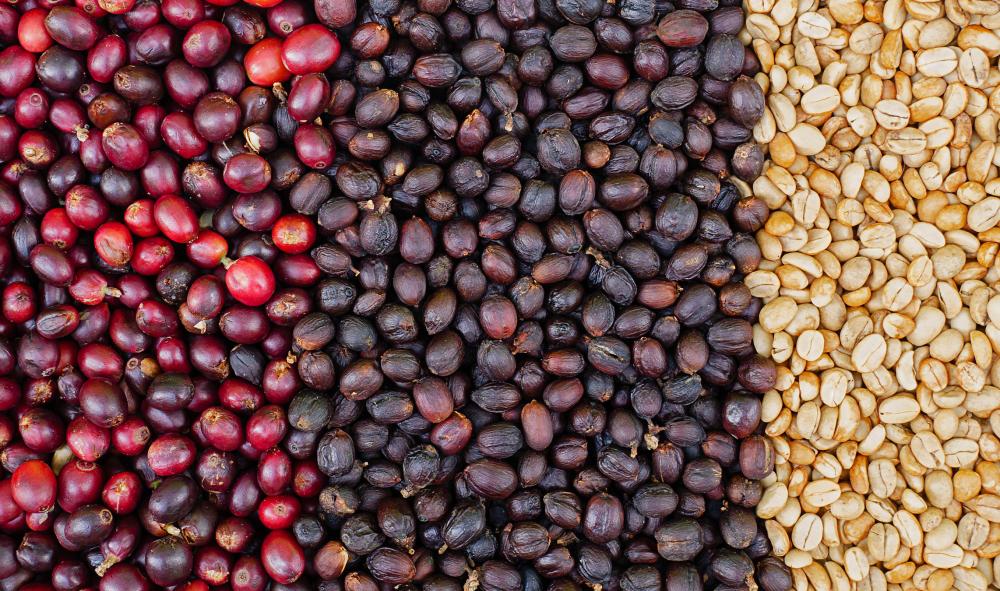2 min Read
Everyone knows them. They appreciate sipping on a well-made cup of joe; can't start their mornings without one—even though they might sleep better in the evenings if they didn’t. And, without fail, they turn the nose up at decaffeinated offerings.
Why?
While a cup of decaf may not give you that wide-awake feeling—it also won't keep you up all night or elicit anxiousness and irritability. But, as aficionados will tell you, decaf just doesn't have the flavor profile they like—it doesn't have the satisfying taste of "real" coffee.
For a long time, they've been right about that much. Marketing teams may play up claims about the deep rich taste of their so-called specially processed decaf, but real coffee drinkers know better. To remove 97% of its caffeine, roasters must put the richly endowed coffee bean through a fairly brutal extraction process that, more often than not, leaves trace chemicals and degrades the bean's complex tastes and aromas.
Coffee producers are well aware of all this. They've scoured the world for naturally occurring caffeine-free coffee plants and have found a few. But so far crossbreeding and early RNA experiments haven't worked. Old style methods are hugely time-consuming and haven't yielded sustainable results despite years of trials.
So, plant scientists have come to gene editing for a breakthrough.
What if you could tweak the genetic blueprint of the coffee plants—the dominant ones being Arabica and Robusta—so that the best plants still produce a great bean with the same great taste, but without the caffeine? The flavor-deadening extraction process would no longer be necessary, and the final product would not only be cheaper, but every bit as soul satisfying as what we consider "the original."
Researchers are onto this. The process is complex—but CRISPR-Cas9 can, in fact, revolutionize the coffee market. For instance, a United Kingdom based company—Tropic Biosciences—has already had success by utilizing the technique to simply turn off the caffeine production genes of the plant.
Scientists and lab technicians are almost certainly consuming countless caffeine-laden mugs to fuel their late-night efforts. But they are on the verge of producing a rich decaf for the rest of us who would like to have the option of supplanting the jitters and restless sleeps.
Of course, aside from the inevitable taste tests, acceptance of CRISPR coffee depends in part on the overall acceptance of gene-edited foods up and down the scale.
But there can be no doubt that gene editing yields enormous benefits to meeting global food needs. And it can strengthen and revitalize agriculture, by building on the natural to produce the better.
In this case, that's a healthier cup of joe.


